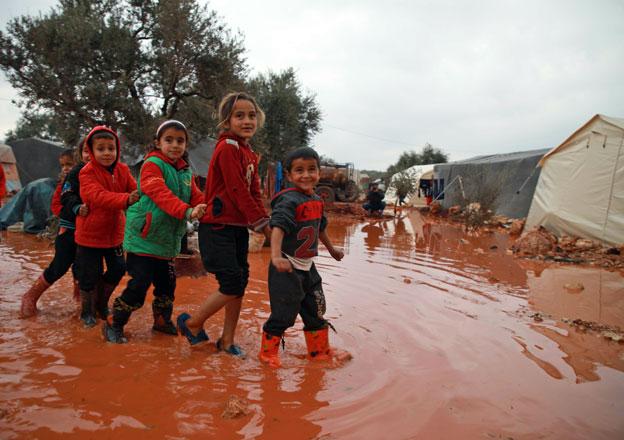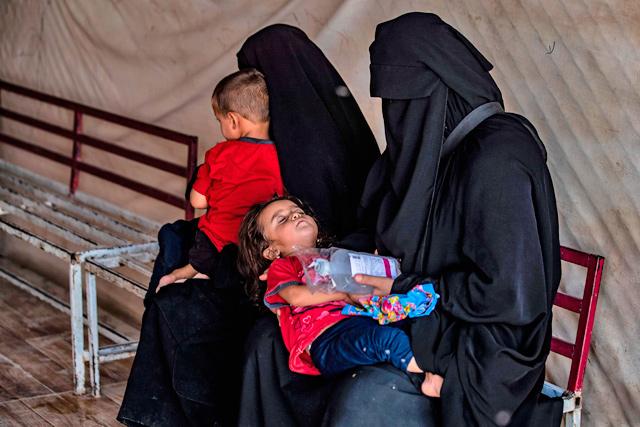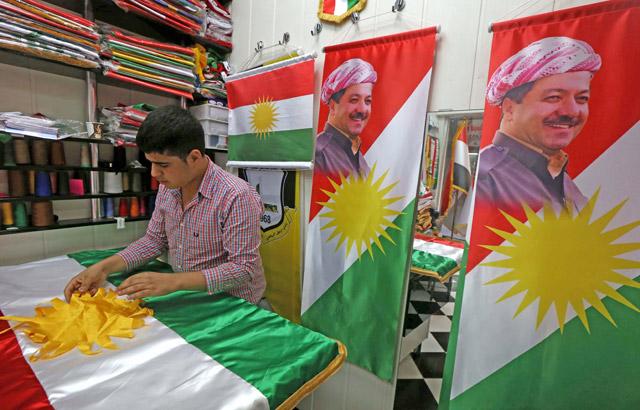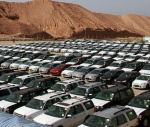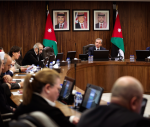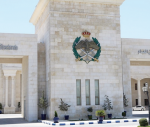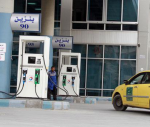You are here
Syria Kurds announce deal for return of 31,000 displaced Iraqis
By AFP - Apr 12,2019 - Last updated at Apr 12,2019
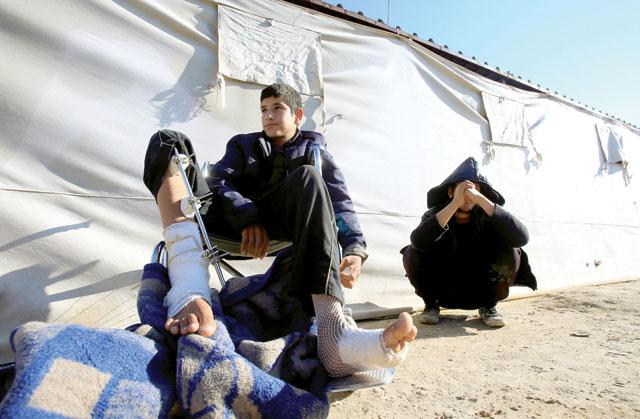
People walk amidst the debris following a reported air strike on a plastic factory in Sanaa's Jeraf district on Wednesday (AFP photo)
QAMISHLI, Syria — Syrian Kurds on Thursday announced a deal with Baghdad for 31,000 displaced Iraqis, mostly women and children, to return from camps in northeastern Syria to Iraq.
Tens of thousands of people live in the camps, which swelled during the months-long battle by a Kurdish-led force against the last vestige of Daesh group's "caliphate".
"A delegation from the Iraqi Cabinet visited the autonomous administration to discuss the return to Iraq of displaced Iraqis, estimated to number 31,000, and an agreement was reached," Kurdish official Mahmud Kero told AFP.
“So far 4,000 people have signed up and we are waiting for the Iraqi government to open up the Iraqi border” to begin the returns, he said.
Kero said many of the displaced, including children born on Syrian soil, did not have Iraqi identity papers.
“We have asked the Iraqi government to find a solution,” he said.
Those expected to return do not include suspected Daesh fighters who surrendered or were caught fleeing the extremists’ last redoubt and are now held at Kurdish-run jails.
“We have asked for the return of all Iraqis including those accused of belonging to IS [Daesh],” Kero said.
He said they had called for “the trial of those accused of belonging to IS on Iraqi soil”.
An Iraqi official said on Tuesday that Baghdad had made preparations for the return of tens of thousands of citizens, most of them “women and children”.
They were mostly displaced from Nineveh and Salaheddin, two Sunni-majority provinces north of Baghdad that were once Daesh bastions, said Ali Abbas, an official at the ministry of displacement and migration.
Daesh families
The returnees would be housed in a camp near northwestern Iraq’s Sinjar region, to be completed within two months, he said.
The Iraqi authorities are preparing security checks to sift through the new arrivals as “there are signs that some could be IS families”, he said.
“We can’t just let them melt back into society.”
He said they would follow “cultural and religious courses” to rehabilitate them after they were “brain-washed” by Daesh.
The extremists declared a “caliphate” after sweeping across a swathe of Syria and Iraq larger than the United Kingdom in 2014. They have since lost all that territory in the face of multiple offensives.
The Kurdish-led Syrian Democratic Forces (SDF) last month announced the defeat of the Daesh proto-state after tens of thousands of people streamed out of the militants’ last patch of territory, around the village of Baghouz near the Iraqi border.
But the militants maintain a presence in Syria’s vast Badia Desert as well as sleeper cells in populated areas, and have continued to claim deadly attacks in SDF-controlled areas.
Syria’s Kurds hold thousands of suspected extremist fighters, including Syrians, Iraqis, and around 1,000 men of other nationalities.
Their countries of origin have been reluctant to repatriate them or put them on trial at home.
Iraq has offered to try hundreds of foreign suspected militants in Baghdad in exchange for millions of dollars, three Iraqi officials have told AFP.
Iraq has already put on trial several hundred Daesh foreign extremists and handed down death sentences to around 100. None of those sentences has yet been carried out.
Related Articles
QAMISHLI, Syria — Around 200 Syrian displaced people, mostly women and children, were heading home from an overcrowded desert camp in the no
AL HOL CAMP, Syria — Maha Al Nasser queues in front of a crowded clinic in Syria's Al Hol camp, her frail daughter squirming in her arms und
ERBIL, Iraq — Iraq's autonomous Kurdish region on Wednesday announced it would hold a referendum on independence, in a move the central gove


